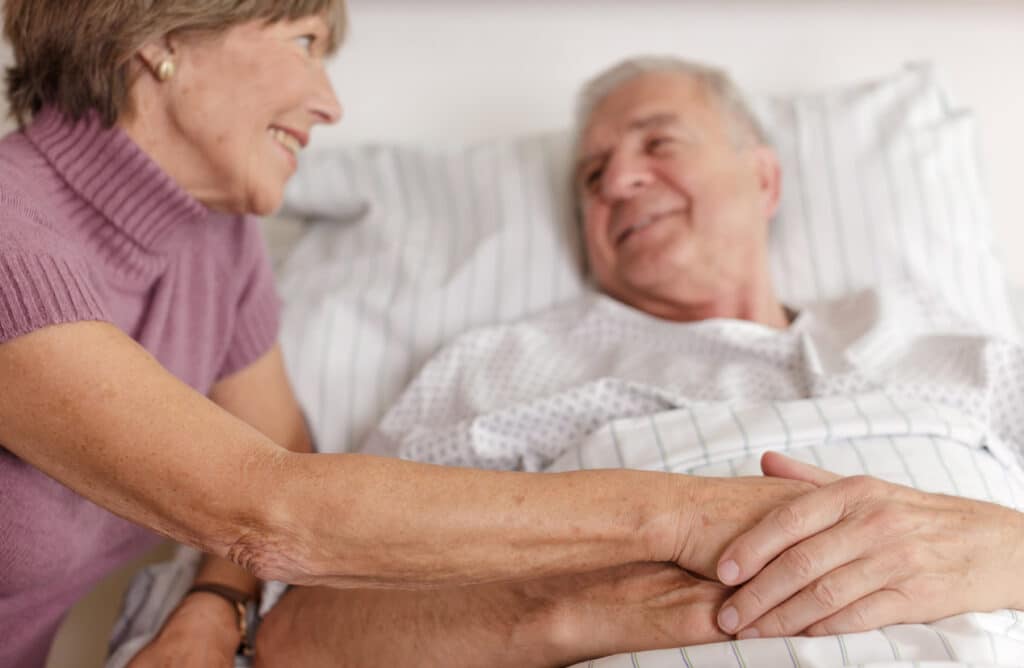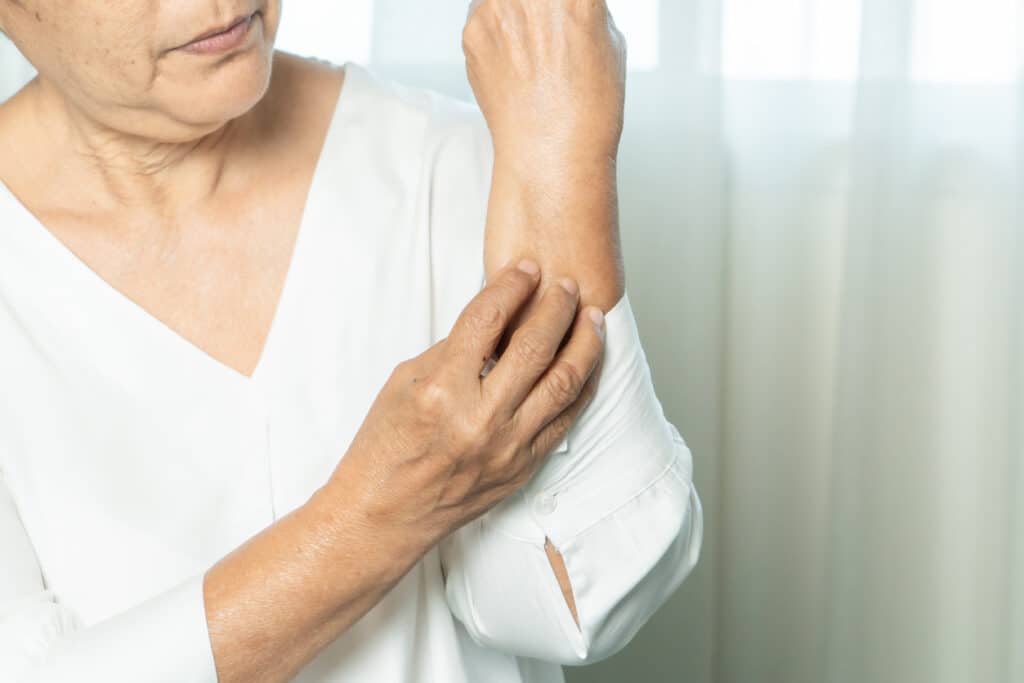
Recognizing infections in the elderly is often challenging. This is because symptoms of infection in the older population are sometimes different than those in younger people. Some symptoms can be subtle or complaints may be non-specific. Their immune systems tend to be more compromised due to other chronic health problems. Cognitive impairment may make it difficult for the elderly to communicate feelings of illness or changes in health.
Since infectious diseases are responsible for one third of all deaths in people aged 65 and older, it is essential to detect infections early. Prompt medical treatment of infections prevents sepsis and saves lives.
The following are common infections seen in the elderly population.
Bacterial pneumonia
Many seniors are admitted to hospitals each year with bacterial pneumonia, an infection of the lungs. Classic pneumonia symptoms include fever, chills, and cough. However, the elderly may experience other symptoms such as confusion, disorientation, and decreased appetite. Patients are usually prescribed antibiotics to treat bacterial pneumonia. The CDC recommends two kinds of pneumococcal vaccines for the elderly – PCV13 and PPSV23 to help prevent infections.
Influenza
Seniors are more at risk for developing severe complications from influenza (flu). The flu is easily spread from person to person by sneezing and coughing. Typical symptoms are fever, chills, cough, sore throat, body aches, and fatigue. Annual flu vaccines are recommended, and those aged 65 and older should receive the high dose flu vaccine to create better immune system response.
Skin infections

Viral skin infections such as shingles are more common in aging adults. Symptoms are a painful rash with blisters. Shingles can last 2-6 weeks. Treatment includes a prescription antiviral drug and over-the-counter pain medication. A shingles vaccine is available for adults aged 50 and older. Immunity stays strong for at least 7 years after vaccination
Cellulitis and infected ulcers are common bacterial skin infections in the elderly. Skin naturally becomes drier and thinner with age. Breaks in the skin can make seniors more susceptible to infection. Cuts can take a long time to heal. Frequent skin assessments can catch infections in the early stages.
Urinary tract infections (UTIs)
UTIs are one of the most commonly diagnosed infections in the elderly, and more women than men are affected. Classic symptoms include pain or burning when urinating, a frequent urge to urinate, and cloudy and strong smelling urine. However, the elderly may exhibit confusion, restlessness, agitation, or a sudden change in behavior. UTIs are treated with antibiotics.
Renaissance Villages Senior Living Communities
Renaissance Villages monitors changes in the health and needs of all residents on an on-going basis. Our residents have access to transportation to and from doctor’s appointments when needed. Contact us today to schedule a tour of our resort-style senior living communities.

